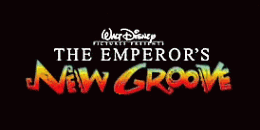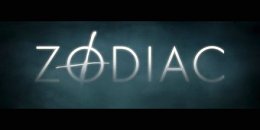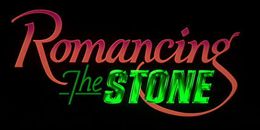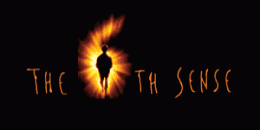Previously blogged and ranked at #6















































3 comments:
I remember seeing this as a kid a decade ago. I really need to see this again now that I have a more "critical" eye ;)
A terrific review, Luke..
This film caused a sensation in its initial release, for its subject matter, and its delicate balance of tragedy and farce which some compared to Chaplin.
It's hard to describe the emotion evident in the packed house where we saw it in a predominantly Jewish suburb of Chicago..it was electric.
I think this is a worthy contender...funny and horrifying...an evocative rendering of time and place...and an appropriately sentimental story of the reminiscences of an Italian boy who idolized his father.
Thank you for dealing with the film on its own merits and not limiting it to the Oscar contest.
(BTW the Lyric Opera is doing Tales of Hoffman this year...hear Baccarole live!)
I seen it with my friends and family members. I really like it very much. Such a superb story as well as the best characters are acts in it.
Post a Comment